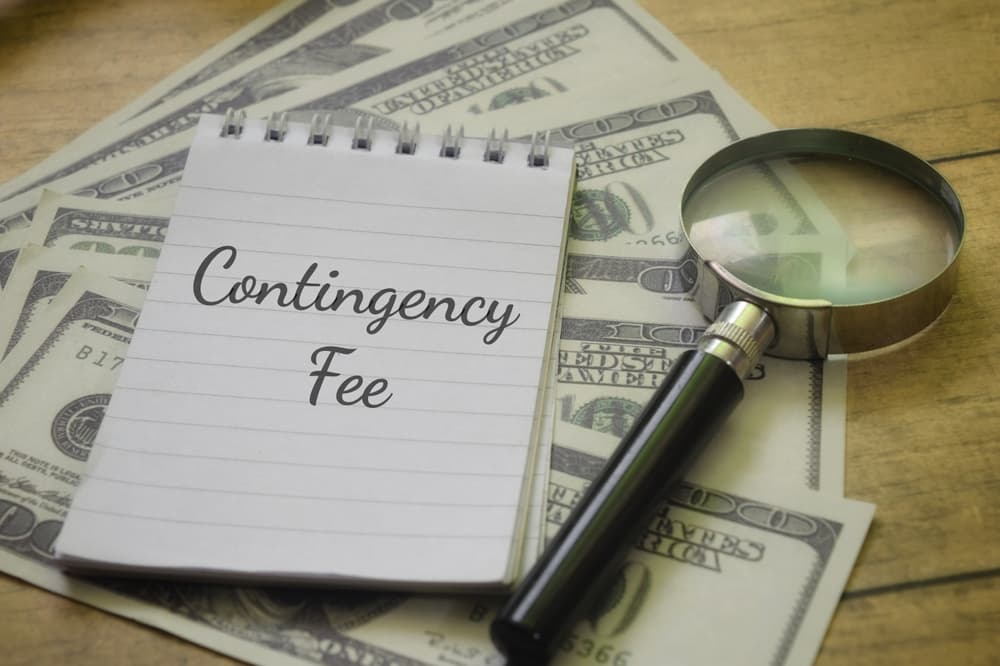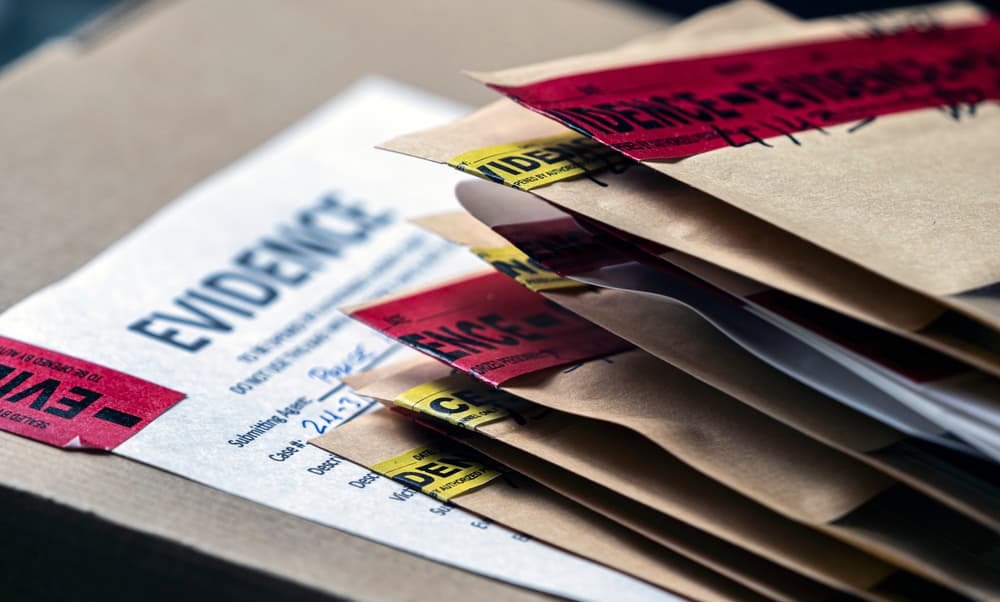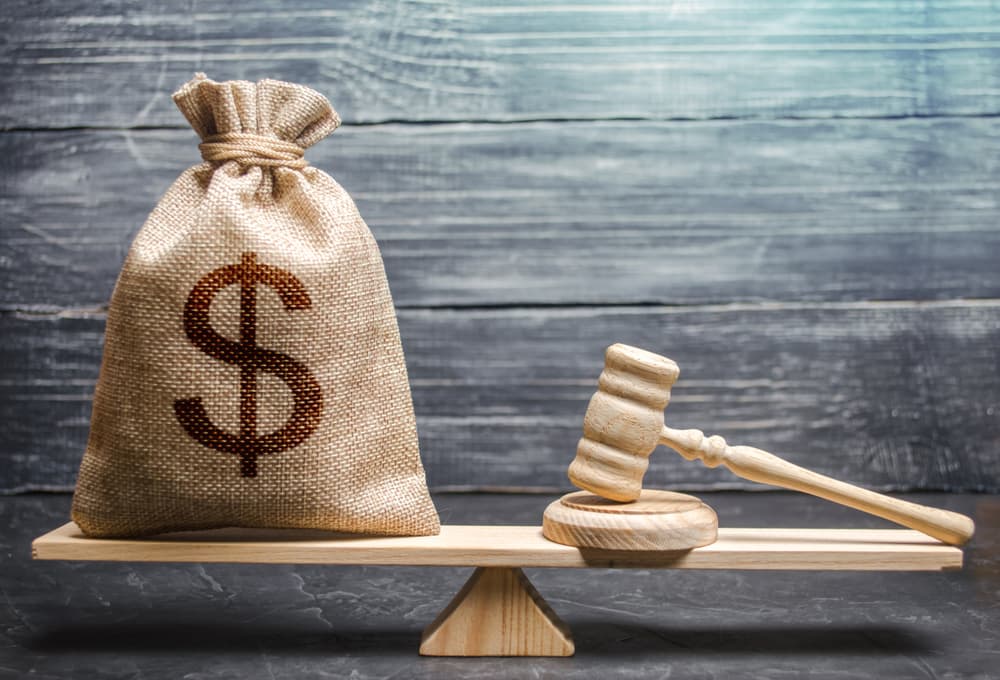You may need a personal injury lawyer because you suffered an injury or are mourning a loved one’s wrongful death. Many in such circumstances choose to have a lawyer handle their insurance claim or lawsuit, ensuring that their physical and psychological health does not suffer from undue stress.
You may also need a personal injury lawyer because you are not comfortable handling your own insurance claim or lawsuit. If you have little experience with claims, negotiations, civil law, or other aspects of your case, having a lawyer lead your fight for compensation is wise.
Even Those Who Don’t Need a Personal Injury Lawyers Should Want One
Many people truly need a personal injury lawyer because:
- They have little to no experience with claims: Those who have rarely or never dealt with insurance claims or lawsuits may not want to handle their own case. You may recognize that your inexperience will hinder your case, so you hire a lawyer with plenty of relevant experience with cases like yours.
- Lawsuits are often necessary in personal injury cases: Most personal injury cases settle, and many do not even require filing a lawsuit. However, many plaintiffs do file lawsuits, and some even see their cases go to trial. If you need to file a lawsuit, you’ll likely want a lawyer overseeing the complex legal process.
- They need a large sum of compensation (and aren’t experienced negotiators): Events like auto accidents often cause costly damages for the victim. If you fail to obtain the compensation you are entitled to, you can face a huge financial loss. Therefore, you may be most comfortable with an experienced, proven lawyer fighting for the entire settlement or verdict you deserve (as a means of avoiding potentially devastating financial consequences).
- Their physical or psychological injuries prevent them from handling their own case: Many clients hire a lawyer because they’re faced with debilitating physical injuries. Such injuries often come with psychological and emotional distress. Even those who might otherwise handle their own claim or lawsuit might not be able to because of their injuries and mental health difficulties.
Attorneys bring much to the table. From their intricate knowledge of the law to their experience negotiating with insurers and leading trials, a lawyer will bring stability and certainty to your case.
More Benefits of Hiring a Personal Injury Lawyer

Some more benefits of hiring a personal injury lawyer are:
- The law firm pays for all case-related cost
- Because of contingency fees, your attorney will only receive a fee if they obtain compensation for you
- You will not have to dedicate any thought or concern to your case, as you’ll know that your lawyer is handling every detail
- Your lawyer will deal with insurance companies and other liable parties, ensuring that nobody can harm you through bad-faith tactics
You may find great value in a personal injury attorney's legal services. You may be just as grateful for the relief and peace of mind from having an experienced professional handle every aspect of your claim or lawsuit.
Those Who Need a Personal Injury Lawyer Don’t Have to Stress About the Cost (Here’s Why)
Contingency fees are one way personal injury lawyers extend their services to as many clients as possible.
This is the most common fee structure among personal injury attorneys, and it means:
- You won’t have to pay your attorney or their firm anything upfront
- Your chosen law firm will pay filing costs, cover expert fees, and shoulder all other case-related expenses
- Your attorney will receive a percentage of any settlement or judgment they obtain for you, and you will know what that percentage is before agreeing to hire the firm
This arrangement will prevent you from worrying about any out-of-pocket costs for legal services. You will also know that your attorney is working hard to secure all the money you deserve—if they don’t, the law firm won’t receive payment for its services.
Events That May Lead You to Hire a Personal Injury Lawyer
While some law firms limit their practice areas to a select few, many personal injury lawyers handle a wide range of case types.
There is a personal injury lawyer who can support you if you’ve suffered injuries, become sick, or lost a loved one due to:

- A dog bite or other animal attack
- A car accident
- A truck accident
- A motorcycle accident
- A pedestrian accident
- A bus accident
- A rideshare accident
- A slip and fall
- A trip and fall
- A defective product
- Exposure to dangerous products or environmental hazards
- A boat accident
The list of events that can lead to personal injury cases is virtually endless. If you have lost a loved one because of someone else’s negligence, you can also hire a lawyer—many personal injury attorneys handle wrongful death actions.
Negligence Is Typically the Grounds for Personal Injury and Wrongful Death Cases
Negligence means failing to act reasonably. From drivers tailgating other vehicles to doctors failing to warn patients of treatment risks to dog owners allowing an aggressive animal off-leash in a public area, negligence takes many forms.
You can file an insurance claim or sue for someone’s negligence if:
- You suffered an injury as a result of negligence
- You became sick as a result of negligence
- You have lost a loved one as a result of negligence
Always speak with a law firm if you have any questions about whether you have a case or whether to hire a lawyer. Never assume that you don’t have grounds for legal action.
What a Personal Injury Does (in the Big Picture)
Your lawyer will serve many critical roles for you, including:
Protecting You
Victims of negligence must know that insurance companies do not always play fair, nor do defendants directly responsible for injuries and wrongful deaths.
Your attorney will protect you from:
- Making any statement that suggests you are responsible for your own injuries
- Making any missteps, like failing to report injuries, that can negatively affect your case
- Pressure to accept a lowball settlement offer
- Any other hazards that can lead to an unfavorable case outcome
Your legal team will lead all communications and ensure insurance companies have the information they need to move forward. With a lawyer leading the way, you will face little to no risk from bad-faith tactics.
Advising and Guiding You
As your claim or lawsuit unfolds, you may need to make several important decisions. From determining whether to file a lawsuit to evaluating settlement offers, every decision may have high stakes.
Your attorney will rely on their experience, familiarity with negotiation tactics, and legal knowledge so you can make the right decision at every turn.
Taking Important Case-Related Duties Off Your Hands
Until you recover from injury, illness, or the loss of a loved one, you may be unable to truly move forward with your life. Therefore, your primary concerns should be your physical and mental health.
Your personal injury lawyer will take all case-related duties off your hands. This will afford you more time to receive the treatment you need, rest, and work towards full strength.
Your lawyer will also create a personalized strategy for your case. They will update this strategy when necessary, such as if liable parties refuse to negotiate in good faith.
A More Detailed List of a Personal Injury Lawyer’s Duties
In addition to their big-picture duties (like protecting and advising you), your personal injury attorney will manage the day-to-day responsibilities of your claim or lawsuit. These responsibilities will likely include:
Reviewing Policies and Communicating with Insurers
Your attorney will determine:
- Who is at fault for the harm you have suffered (such as injuries)
- Whether at-fault parties are insured
- How much insurance coverage you are entitled to (and from which policies those coverages derive)
- Whether insurance provides enough coverage for your losses
Personal injury lawyers are familiar with insurance policies, including the most important details of their client’s cases. Your lawyer will obtain and analyze all applicable policies and lead communications with insurers.
Detailing Liable Parties’ Negligence
Your attorney will obtain all available evidence proving how someone's negligence has caused you harm. Common evidence includes video, witness accounts, expert testimony, and police reports.

Documenting Your Damages
Your lawyer will use documentation of your recoverable damages to prove the harm you have suffered, including:
- Medical images
- Medical bills
- Doctors’ written notes, including explicit diagnoses of injuries and symptoms
- Mental health experts’ diagnoses of your pain and suffering
- Invoices for any mental health services you receive
- Proof of how much income you have lost because of liable parties’ negligence
Attorneys reach out to doctors, employers, and a host of other informed parties to gather documentation. Only by proving your damages can your attorney obtain all the compensation you deserve.
Determining Your Case Value
Your personal injury lawyer will calculate your current and future damages as they determine the value of your case.
The average person does not know how to calculate the cost of complicated damages, including pain and suffering. Lawyers calculate such damages through their work, so an attorney is uniquely qualified to determine how much money you're entitled to.
Negotiating a Settlement
Your lawyer may negotiate a financial settlement with:
- Your insurance provider
- A third party’s insurance provider
- Lawyers for those directly responsible for your damages
Insurance companies often play a role in personal injury and wrongful death cases. However, there are some instances (like accidents caused by uninsured motorists) where the liable parties must pay their victims directly. In either case, your lawyer will fight hard for your deserved settlement.
Filing a Lawsuit
When insurers or other liable parties do not agree to pay a claimant or plaintiff fairly, the plaintiff or claimant can file a lawsuit. Your attorney can continue negotiating a settlement after suing, and filing a lawsuit may show liable parties that you’re ready to go to court if they don’t pay you fairly.
Arguing for You at Trial, If Necessary
If you choose to sue and liable parties continue to refuse your lawyer’s settlement demands, your case may go to trial.
Your attorney may then:
- Exchange case-related materials with the defense
- Conduct (and guide you through) any necessary depositions
- Create a detailed trial strategy
- Question witnesses
- Present evidence
- Respond directly to arguments made by the defense
- Guide you through every other aspect of the trial
Many personal injury lawyers have secured many large awards for clients by taking cases to trial. While court cases typically take longer than cases that settle, going to trial has proven the right decision for many victims of negligence.
Damages Personal Injury Attorneys Often Seek Compensation For

Your attorney will create a detailed record of your damages, complete with documentation and financial values for each.
That record may contain:
- Healthcare costs: Your attorney will reach out to medical providers. They will get copies of all case-related medical bills, images of injuries, and treatment plans. Your lawyer will establish a precise financial value for all of your medical care.
- Professional damages: Some common professional damages in personal injury cases include lost income, diminished earning power, and lost chances for promotions, bonuses, and overtime compensation.
- Pain and suffering: If you have suffered anxiety, depression, physical pain, PTSD, or any other type of pain and suffering, your attorney will assign a fair financial value to such conditions.
You may also have property expenses and other damages because of the liable parties’ negligence. If you have lost a loved one, you undoubtedly have even more extensive damages that warrant a significant settlement or verdict. A lawyer will account for every harm you suffered as they calculate your case value.
When Should I Hire My Personal Injury Attorney?
Hire your personal injury attorney as soon as you can. You may have a short time to file your case, and your lawyer will get to work right away.